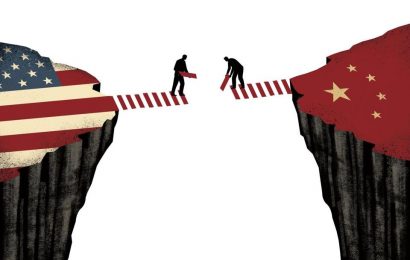The growth of employment over the last past year in the UK is among British nationals, according to ONS data
UK employment hit another record high since records began back in 1971. The Office for National Statistics (ONS) reported the employment rate is at 76.1% with unemployment falling by 35,000 and average weekly earnings that have increased by 3.4%. ONS senior statistician Matt Hughes stated:
“The employment rate has reached a new record high, while the proportion of people who are neither working nor looking for a job – the so-called ‘economic inactivity rate’ – is at a new record low.”
The highest regional employment rate happened in south-west of England (79.9%) while the largest estimated increase in workforce jobs was in south-east of England (59,000). Meanwhile, unemployment rates for men and women aged 16 years and above have been generally falling since 2013 when men’s unemployment stood at 7.4% and women’s at 6.9 %. Employment Minister Alok Sharma stated:
“Today’s employment figures are further evidence of the strong economy the chancellor detailed in last week’s Spring Statement, showing how our pro-business policies are delivering record employment.”
As per ONS, the new total unemployment rate is of 3.9% and this has not been lower since the period between November 1974 and January 2015. Plus, the number of economically inactive people fell by 117,000 to 8.55 million, a rate of 20.7%, the lowest on record ever.
However, it seems that Brexit uncertainty is not stopping companies from continuing to hire, while analysts say that the outcome of Brexit might lead to interest rates rising later this year. Tej Parikh, senior economist at the Institute of Directors stated:
“Businesses have been steadfast in bringing on board new staff and in creating vacancies, despite question marks over future path of the economy. But with uncertainty around Brexit reaching a crescendo, firms are becoming more and more cagey over their hiring decisions.”
Source: bbc.com




